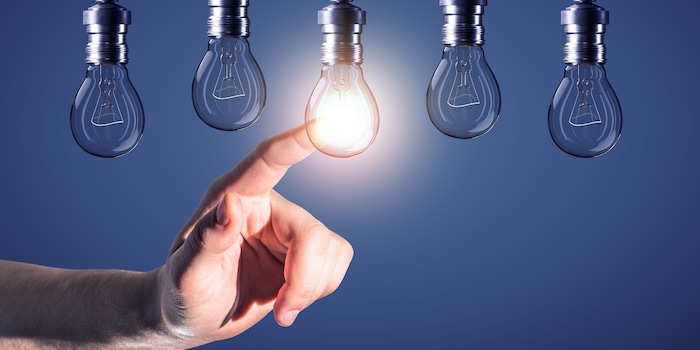

Naps favour aha experiences
Sometimes a short nap helps to spark an idea. A certain phase of sleep seems to be particularly conducive to flashes of inspiration.
The team gave 90 people a computer task that could be solved more easily using a hidden trick. The test subjects were asked to react to moving, brightly coloured clouds of dots by pressing left or right. They were able to make the decision faster and more precisely once they had recognised that the direction of movement and the colours were related to each other.
Spectrum of science
We are partners of Spektrum der Wisenschaft and want to make well-founded information more accessible to you. Follow Spektrum der Wissenschaft if you like the articles.
Originalartikel auf Spektrum.deExperts from science and research report on the latest findings in their fields – competent, authentic and comprehensible.
From the latest iPhone to the return of 80s fashion. The editorial team will help you make sense of it all.
Show all